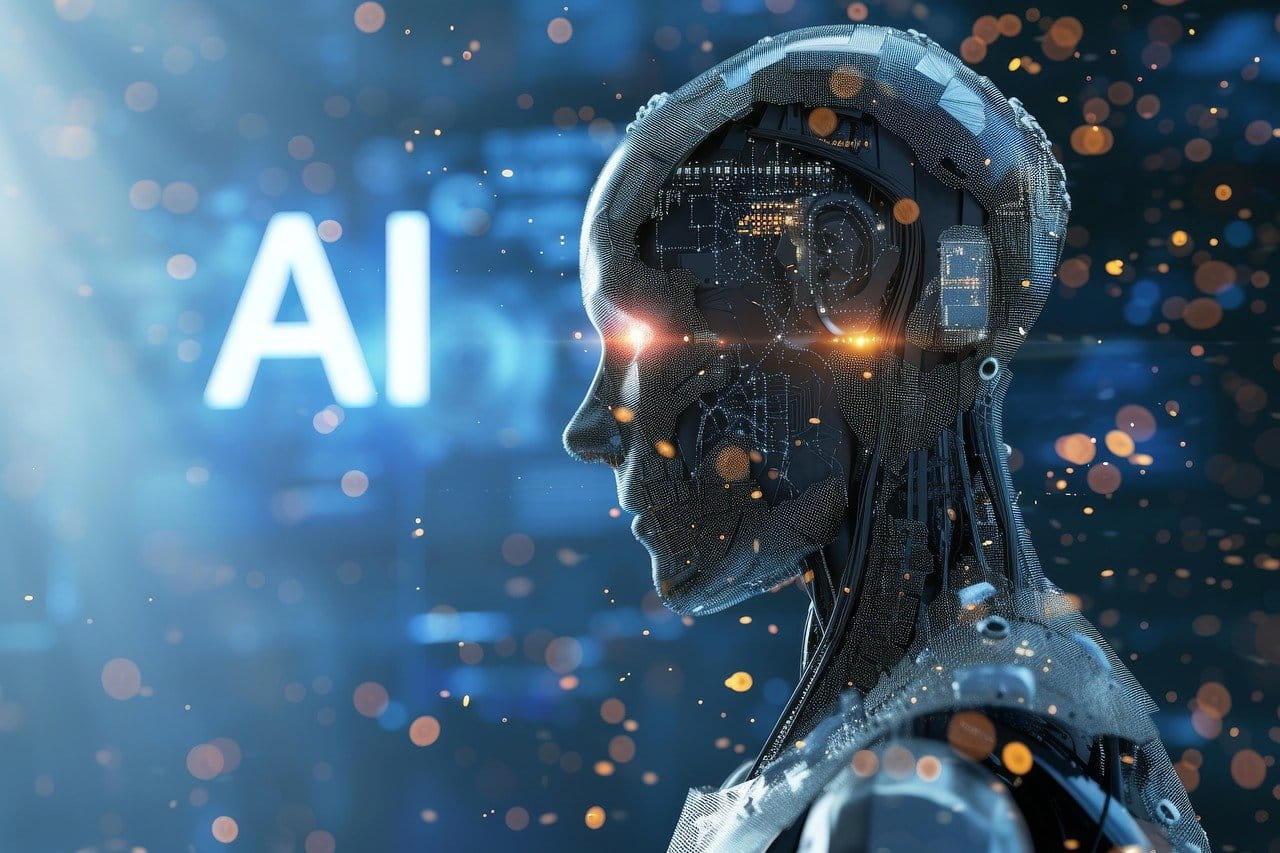Artificial intelligence is increasingly infiltrating a growing number of economic sectors. The public was shocked to discover that journalists from a radio station were replaced by AI-generated “presenters.” This raises the critical question, can employers legally lay off workers and replace them with artificial intelligence? According to attorney Marek Jarosiewicz, the situation is delicate as artificial intelligence, especially in the context of the labor market, still requires significant clarification.
“An entrepreneur has the right to modernize processes in their company. However, from an ethical standpoint, citing artificial intelligence as the reason to reduce jobs is questionable,” admits Jarosiewicz, a partner at Wódkiewicz & Sosnowski Law Firm.
Can employees be fired because they will be replaced by artificial intelligence? Lawyers assure it’s not that simple
Labor law usually favors employees and in a suspected case of unfair dismissal, employees always have the right to investigate their doubts. Marek Jarosiewicz does acknowledge that downsizing and job cuts due to modernization or technological progress isn’t new and is quite common in the economic sector.
In one case, artificial intelligence replaced radio presenters, but in other cases staff in logistics warehouses might be laid off because their duties are performed by highly specialized robots.
“If an employee can show that the dismissal was erroneous because formal conditions were not met or that the job is supposedly abolished but it hasn’t been, they can successfully appeal to the labor court,” admits Jarosiewicz, a lawyer specializing in labor law.
In the case of the radio station in Krakow, it might be controversial because employees are indeed replaced by AI and the entire situation is referred to as an “experiment”.
“Current regulations do not foresee a special procedure if a contract is terminated due to automation or the use of artificial intelligence,” Jarosiewicz adds.
“A job may be abolished because a company is automating and changing processes within the company. I’ll remind you, when computers were introduced into companies, serious staff reductions were also made. We observe the development of certain industries in the economy and it is an inevitable phenomenon,” says Jarosiewicz.
Regulations at the EU level are necessary
Artificial intelligence in the labor market raises many controversies in various industries – from trade and services to industry. More and more people are talking about the need to regulate this issue.
“Legislative processes are ongoing at the EU level to regulate the use of artificial intelligence. We have many questions in many aspects and the legal framework for employees and employers is not clear. AI should not be introduced to companies in a ‘wild’ way where technology does not serve people as a complement to their work, but something that can replace them. In my opinion, this would be undesirable from an economic point of view,” admits Jarosiewicz.
The expert adds that in Poland, there are not yet many cases where employees voice their concerns about their job due to artificial intelligence. However, cases related to conflicts between employee and employer when the change in job duties requires the employee to acquire new technological competencies that they did not previously have, are emerging.
Source: https://managerplus.pl/czy-mozna-zwolnic-czlowieka-bo-jego-miejsce-zajmie-sztuczna-inteligencja-prawnicy-mowia-o-luce-w-prawie-74139
